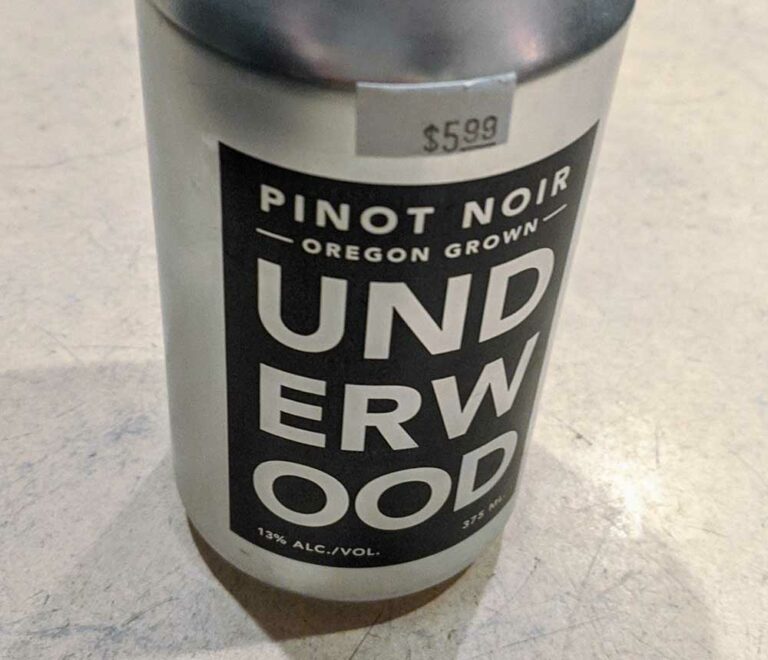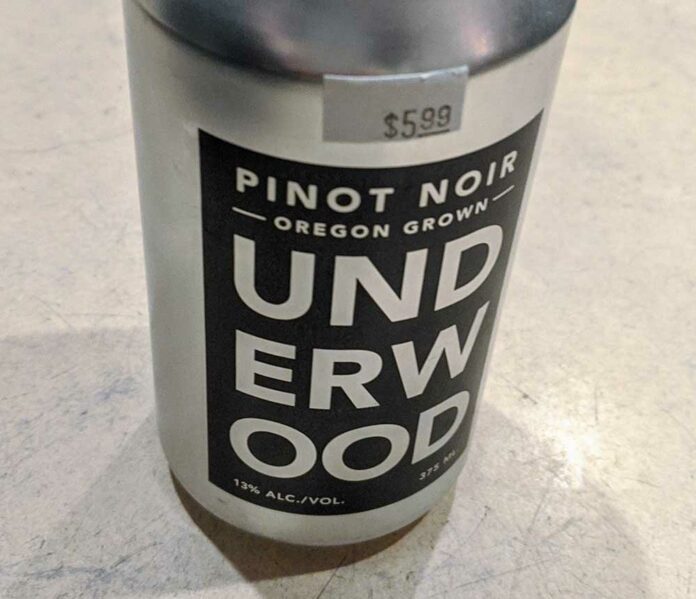Q&A with Irem Choksy, LMFT
During this unprecedented moment in history, many of us are now weighing myriad life-changing issues—from employment and financial matters to worries about the health and safety of ourselves and our loved ones. And we’re coping with this while under state-imposed quarantine.
How does one remain mentally healthy in such stressful circumstances? Irem Choksy, a licensed mental health therapist who is providing mental health support at no cost during this difficult period, offers insights on how to manage the range of feelings that may occur while we’re sheltering in place and grappling with this sudden, new “normal.”
Bohemian: What are the adverse effects of sheltering in place on mental health?
Irem Choksy, LMFT: As new shelter-in-place restrictions come into play, and we attempt to slow the spread of COVID-19, many people are feeling stressed, anxious and confused about their overall health, finances and relationships. While it is absolutely normal to experience some anxiety, it can make some people feel a disproportionate amount of worry, fear and restlessness.
The sheltering measures—while helpful with lessening the spread of the virus—create added barriers of loneliness and isolation. Many people following this order can feel very socially isolated. People who already suffer from existing mental health issues like depression and anxiety are the most vulnerable to the additional stress. The increased stress of parents having to work remotely and care for their children, worry about possible reduced hours/layoffs, overall finances, doing chores and having significantly fewer touchpoints, makes it more challenging. Senior citizens who may be more isolated and people who live alone are also especially at risk.
B: What are some ways we can mitigate these effects?
IC: I think reminding ourselves that social distancing doesn’t mean isolating—that we can take this as an opportunity to knit our social support system together in a unique way. Also, keeping in our forefront that we are in this together, and not having to do this on our own. Checking in with family and friends via phone and trying out different ways to stay connected through different apps and video platforms to chat is a great coping tool and a beneficial way to reduce isolation that many people may experience.
It also helps to have a routine—to create a new “normal” and find time to engage in creative activities. My family and I decided that we would collaborate to write a round-robin story spanning over a month on google docs, and this has created excitement, fun conversations and togetherness—with individuals near and far.
It may also be a good idea to limit exposure to news and social media. Allowing a certain allotted amount of time each day to stay current on news/social media can reduce overexposure to anxiety-provoking news.
Self-care at this time would be integral. Allowing yourself to get adequate restful sleep, healthy meals on time and some physical activity can be some great adaptive coping tools to manage anxiety and stress.
Glimpse into your past and evaluate how you have coped with past stressors—music, cooking, or art—and tap into those. This may be a good time to explore a new hobby as well. There are many apps offered for free at this time—trying out mediation/deep breathing and journaling can be cathartic.
B: What are some symptoms that may suggest a more serious mental health problem is developing in either oneself or others?
IC: Feeling low and uncertain, worried and perhaps restless and fearful to a certain level is normal right now, however when these stressors impact your ability to function—manage daily life, sleep, maintain healthy relationships—that’s a cause for concern. If you are having feelings of hopelessness, irritability, continued loss of appetite, or significant anxiety throughout the day, it’s a good idea to get support.
I have noticed drivers being nicer on the road, people scouring stores to purchase groceries for the elderly, individuals sewing homemade masks for healthcare workers—there is a lot of good happening amid this public health crisis. Developing a positive outlook for the present and our collective future is one good way to reduce feelings of negativity.
B: When should one consult a professional like yourself?
IC: I am a licensed Mental Health Therapist. Due to multiple current stressors created by COVID-19, I am providing free after-hours, non-emergency, mental health support to our community. If you are feeling stressed, anxious, depressed or just need to let it out—you can do so in a confidential manner. If you are looking to cope with your current situation, gain coping tools and get emotional support, therapy may be right for you. It takes courage to face struggles and life’s challenges. I am providing mental health support at no cost during this difficult period. If you need this, we can schedule a phone session.
Irem Choksy, LMFT, can be reached at ir*********@gm***.com, or via phone at 408.782.4736. For more information, visit www.iremchoksy.com.

















